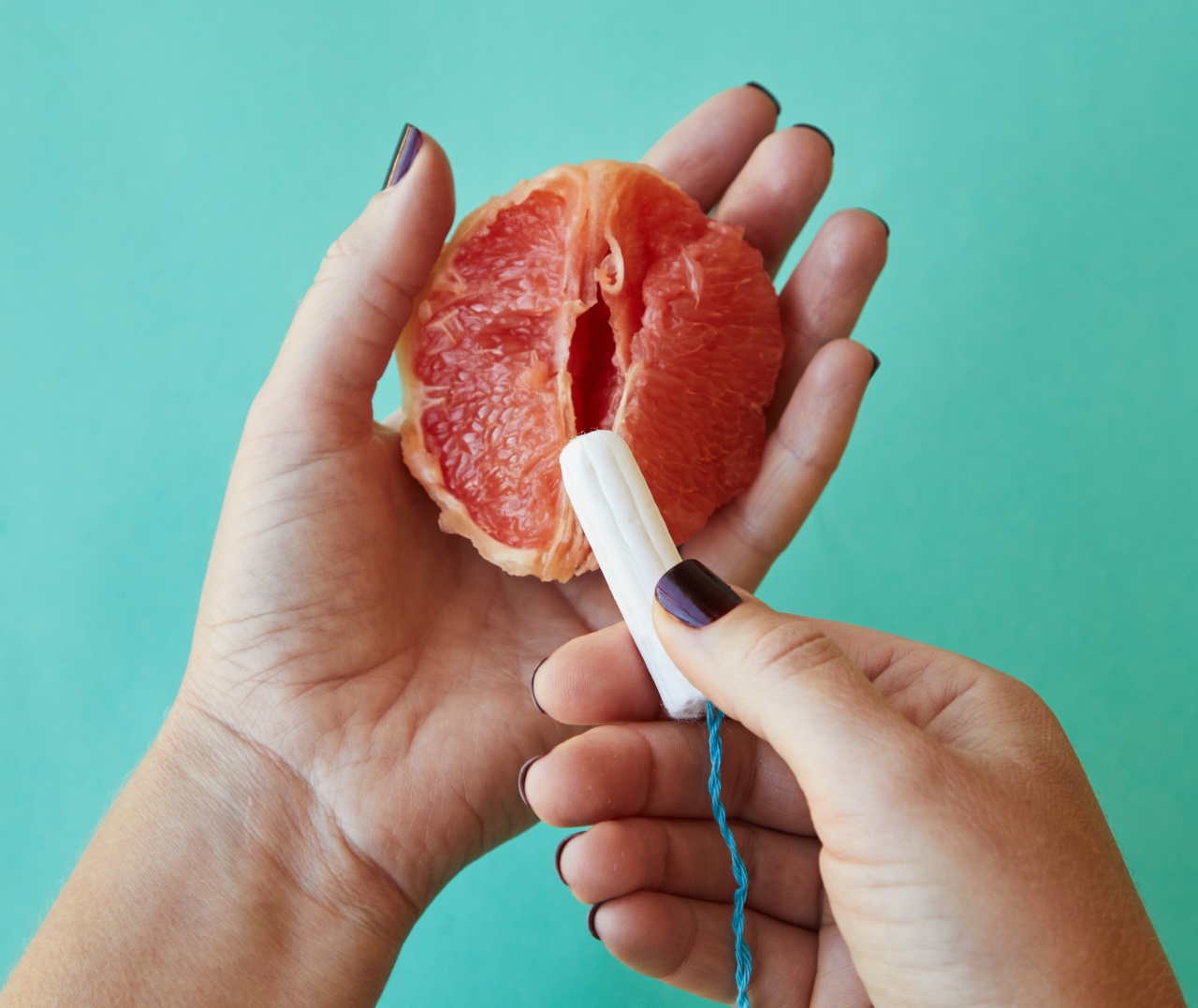Women’s menstrual cycles can sometimes be affected by various factors other than pregnancy. Hormonal changes, stress, lifestyle choices, certain medical conditions, and medications can all affect the regularity and intensity of your periods.
It is essential to understand these non-pregnancy factors that can impact your menstrual cycle to be able to promptly identify and address any irregularities. In this article, we will discuss some of the common factors that can influence your period cycle and how they may affect your overall reproductive health.
Hormonal Imbalances
Hormonal imbalances are one of the primary causes of irregular periods or changes in the menstrual cycle. Fluctuations in hormones like estrogen and progesterone can disrupt the normal pattern of your periods.
Conditions such as Polycystic Ovary Syndrome (PCOS) and disorders of the thyroid gland can contribute to hormonal imbalances. These imbalances can lead to irregular periods, heavy bleeding, or missed periods altogether.
Stress and Emotional Well-being
Stress can significantly impact your menstrual cycle. High levels of stress can cause hormonal imbalances, leading to changes in your period cycle.
Additionally, stress can also affect the hypothalamus, a part of the brain that regulates the menstrual cycle. Emotional distress, anxiety, and depression can further compound the impact of stress on your period.
It’s crucial to manage your stress levels through relaxation techniques, exercise, and maintaining a healthy lifestyle to ensure regular periods.
Extreme Weight Changes
Significant weight changes, both weight gain and weight loss, can affect the regularity of your periods.
Rapid weight loss or restrictive eating disorders, such as anorexia or bulimia, can disrupt hormonal balance and cause your periods to become irregular or stop completely. Conversely, obesity and sudden weight gain can also lead to hormonal imbalances and irregular menstrual cycles. Maintaining a healthy weight through a balanced diet and regular exercise is crucial for maintaining a regular period cycle.
Intense Exercise
Engaging in intense exercise or training can impact your menstrual cycle. Athletes or individuals who participate in rigorous physical activities may experience irregular or missed periods.
Intense exercise can cause hormonal imbalances and disrupt the production of reproductive hormones necessary for normal menstruation. It is advised to find a balanced exercise routine and give your body adequate rest and recovery time to ensure a regular period cycle.
Medications and Medical Conditions
Certain medications and medical conditions can affect your menstrual cycle. Medications such as hormonal contraceptives, certain antidepressants, and chemotherapy drugs can alter the regularity of your periods.
Medical conditions like endometriosis, uterine fibroids, polyps, and pelvic inflammatory disease can also impact your menstrual cycle. It’s essential to discuss any medications or medical conditions with your healthcare provider to understand their potential influence on your period cycle.
Smoking and Alcohol Consumption
Both smoking and excessive alcohol consumption can disrupt your menstrual cycle. Smoking has been linked to hormonal imbalances and can lead to irregular periods or even premature menopause.
Excessive alcohol consumption can also affect hormone production and liver function, resulting in irregular periods. It is advisable to quit smoking and limit alcohol consumption for the sake of your overall health and maintaining a regular menstrual cycle.
Environmental Factors
Environmental factors can also play a role in affecting your menstrual cycle. Exposure to certain chemicals, pollutants, or toxins found in the environment can disrupt hormonal balance and interfere with your period cycle.
Prolonged exposure to high levels of stress at work or home can also contribute to irregular periods. It’s important to create an environment that promotes well-being and limit exposure to harmful substances.
Dietary Factors
Your diet and nutritional intake can impact your menstrual cycle as well. Poor nutrition and deficiencies in essential nutrients can disrupt hormonal balance, leading to irregular periods.
Consuming excessive amounts of caffeine or refined sugars can also affect your period cycle. Opting for a balanced diet rich in fruits, vegetables, whole grains, and lean proteins can contribute to maintaining a regular menstrual cycle.
Underlying Medical Conditions
Sometimes, irregularities in your period cycle can be a sign of an underlying medical condition. Conditions like polycystic ovary syndrome (PCOS), endometriosis, uterine fibroids, and thyroid disorders can all affect your menstrual cycle.
If you experience persistent irregularities, intense pain, or other concerning symptoms, it’s important to consult with your healthcare provider for proper diagnosis and treatment.
Conclusion
Your menstrual cycle can be influenced by various non-pregnancy factors. Understanding these factors is crucial for maintaining reproductive health and promptly addressing any irregularities.
Hormonal imbalances, stress, extreme weight changes, intense exercise, medications, smoking, alcohol consumption, environmental factors, dietary choices, and underlying medical conditions can all affect your period cycle. By maintaining a healthy lifestyle, managing stress levels, and seeking medical advice when necessary, you can ensure a regular and healthy menstrual cycle.































